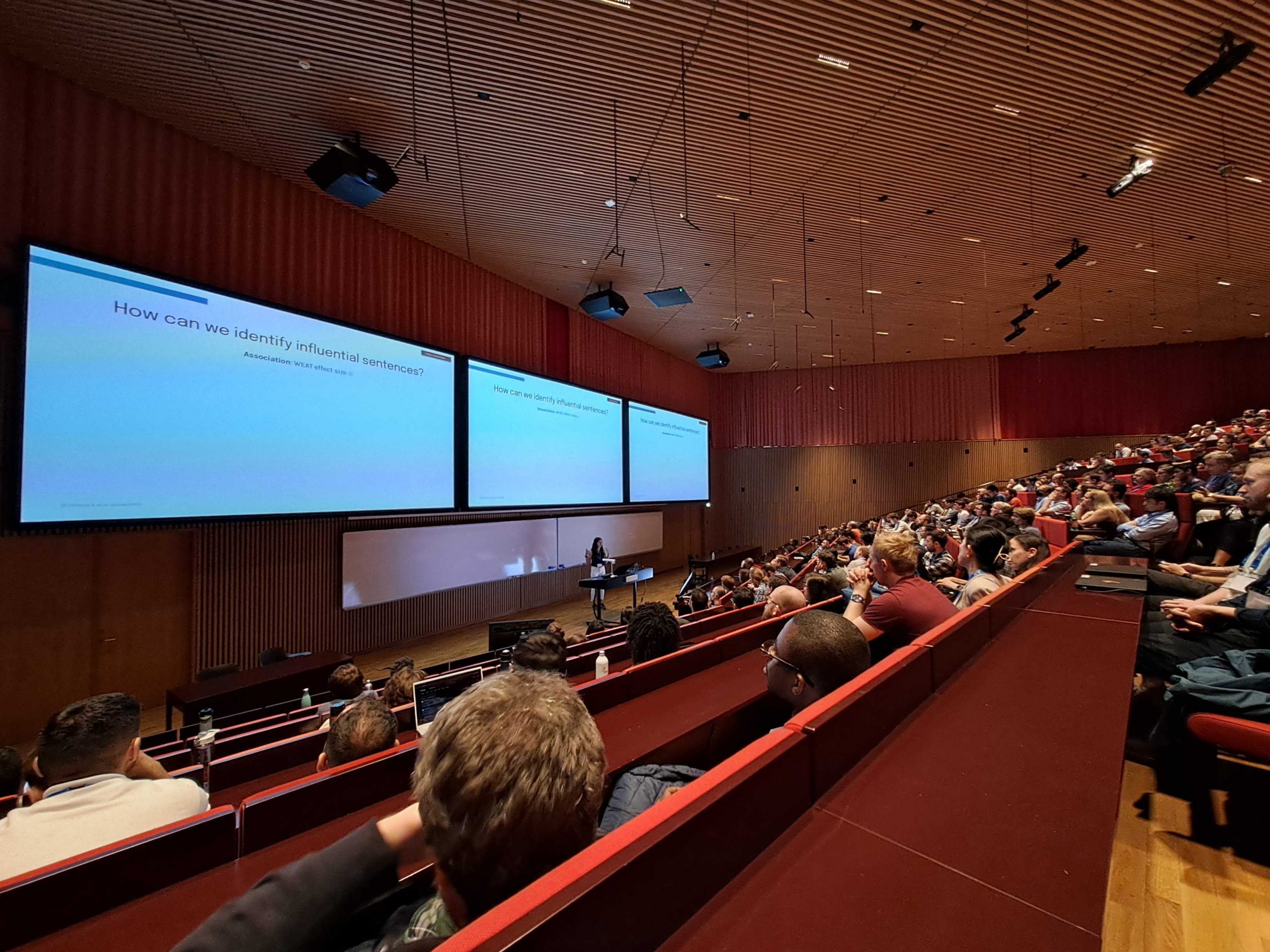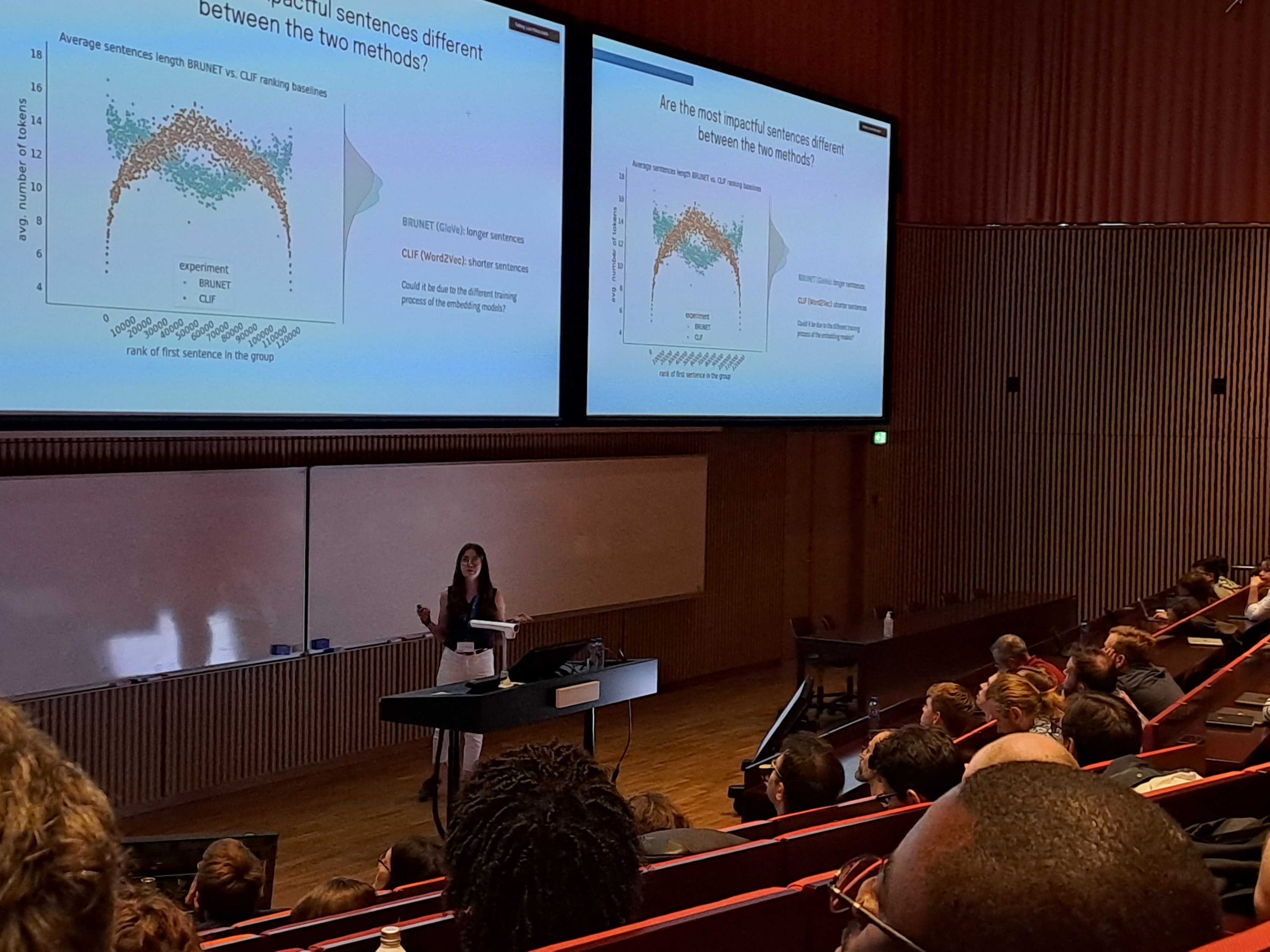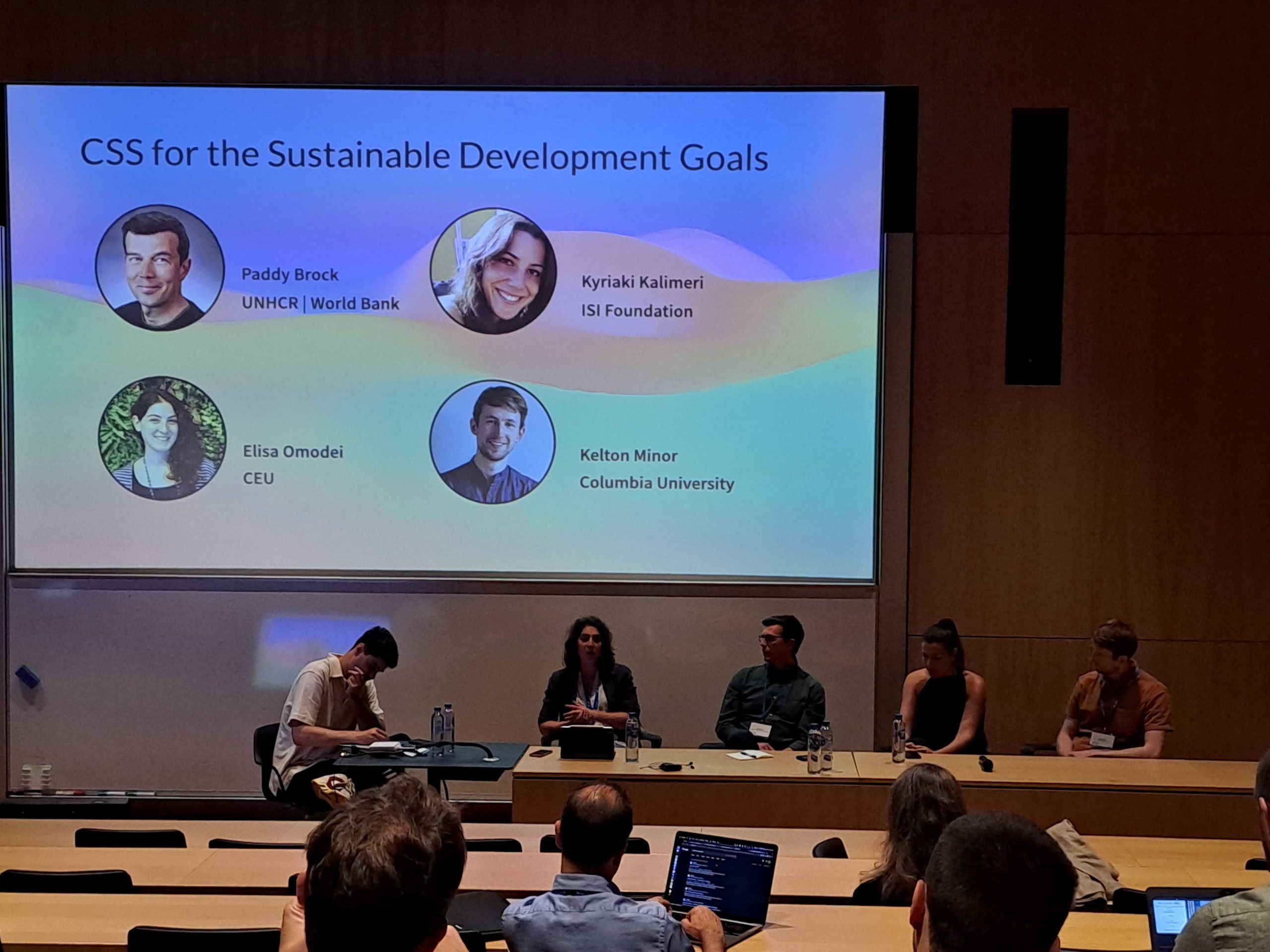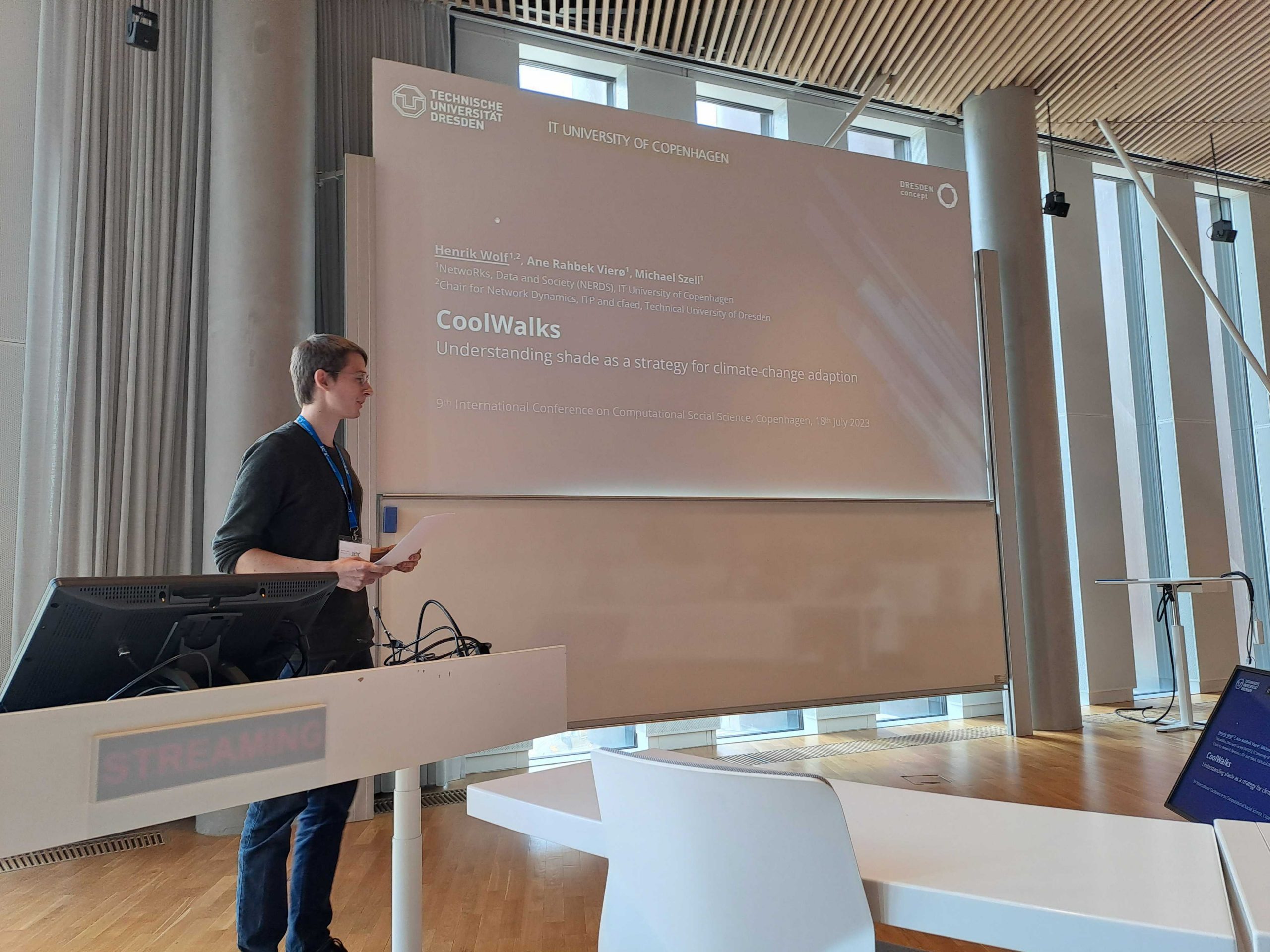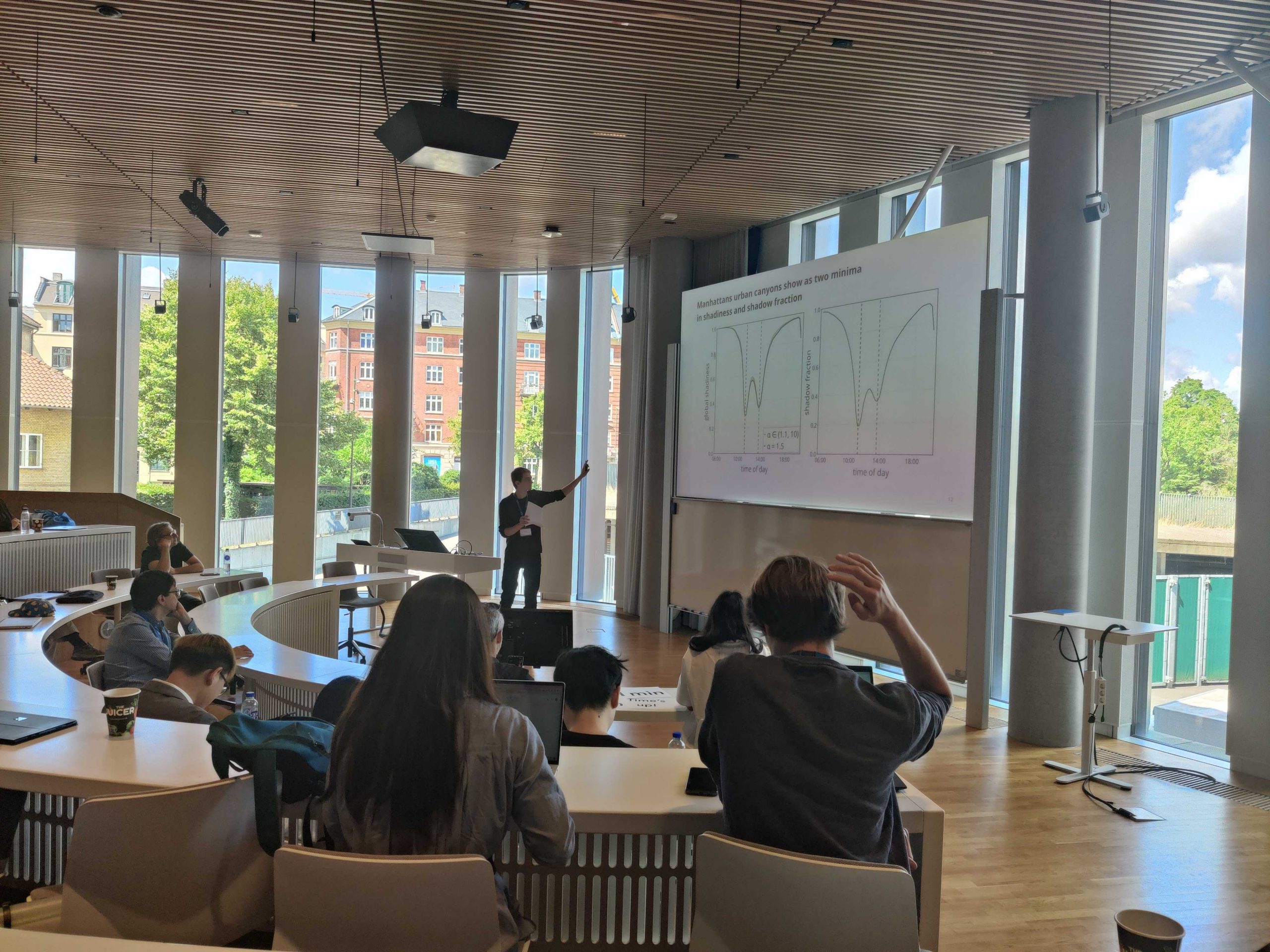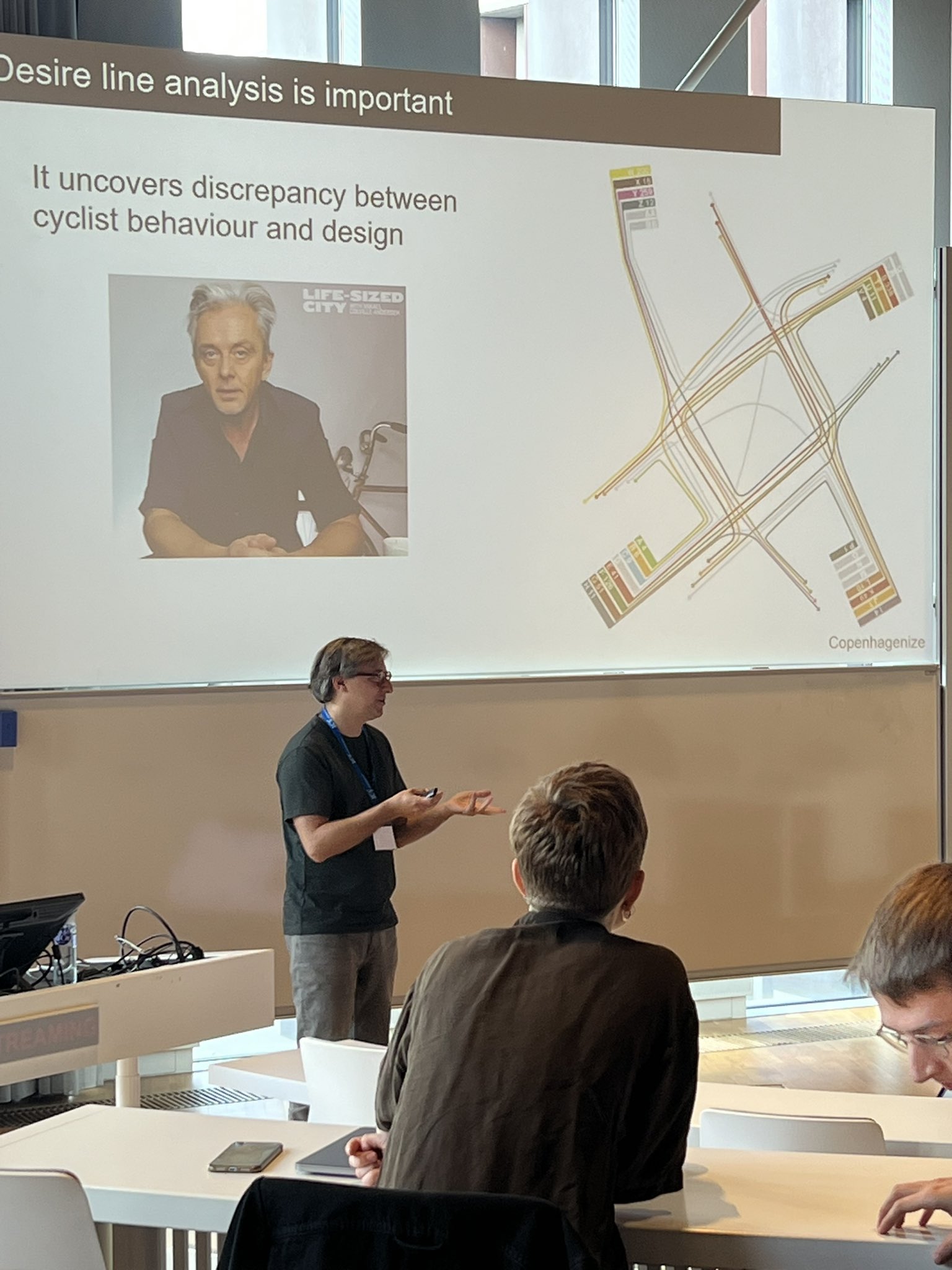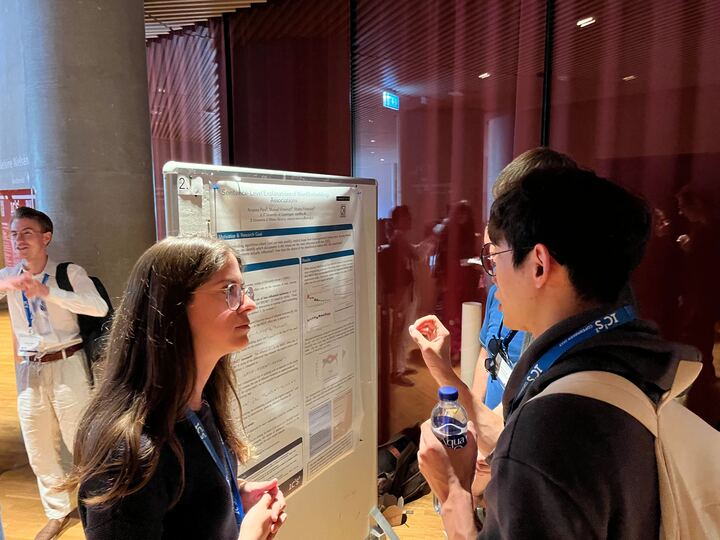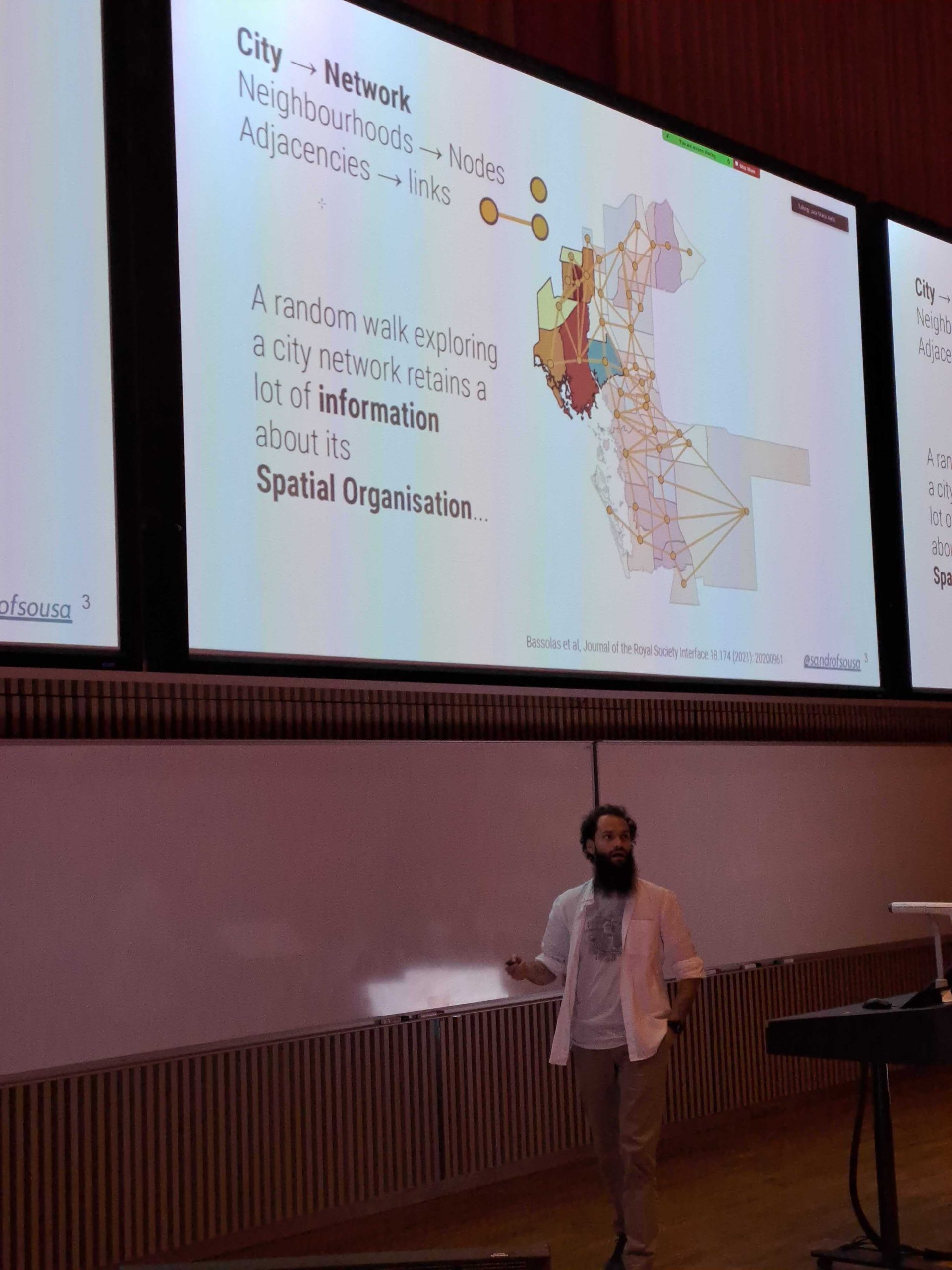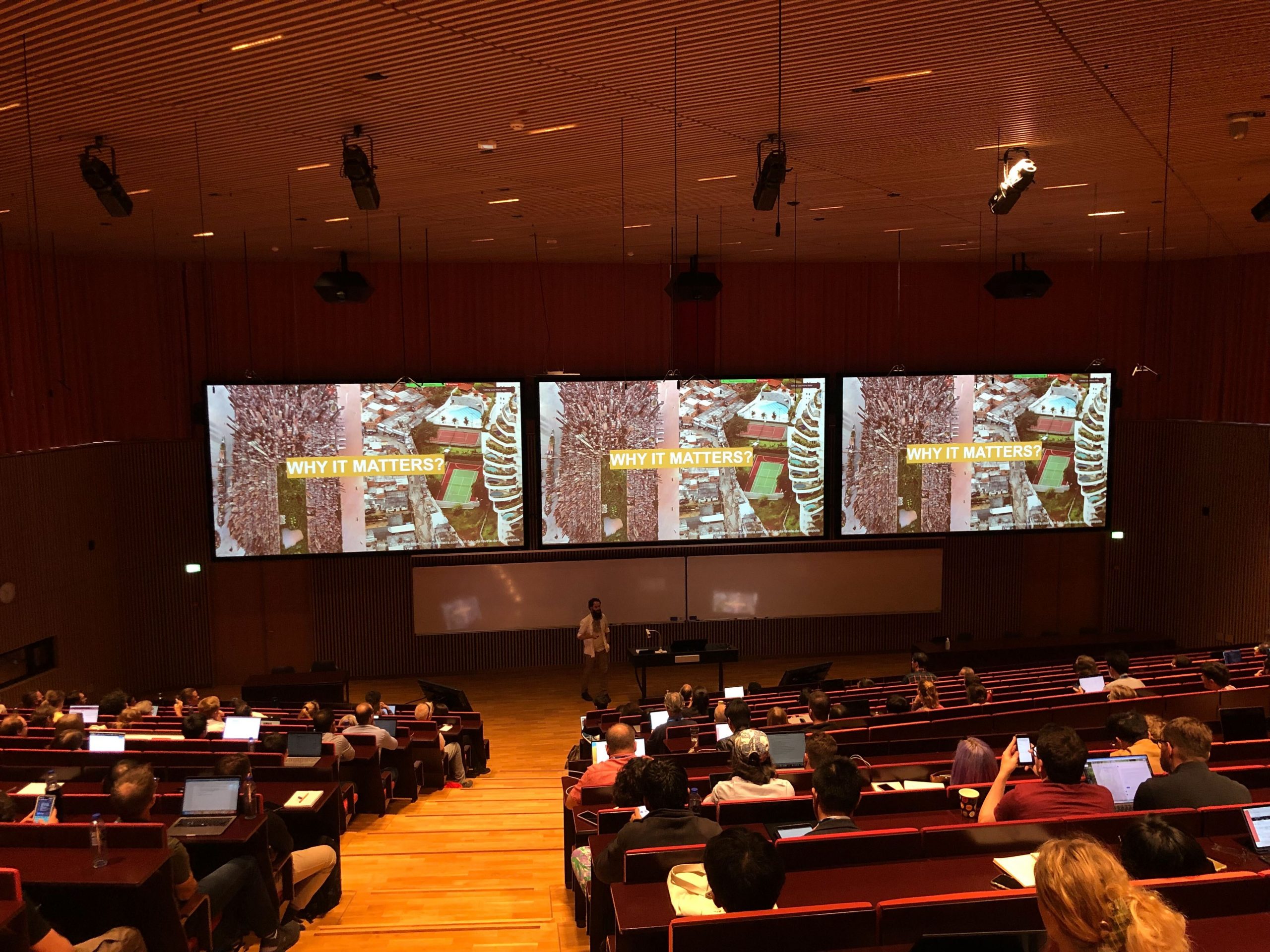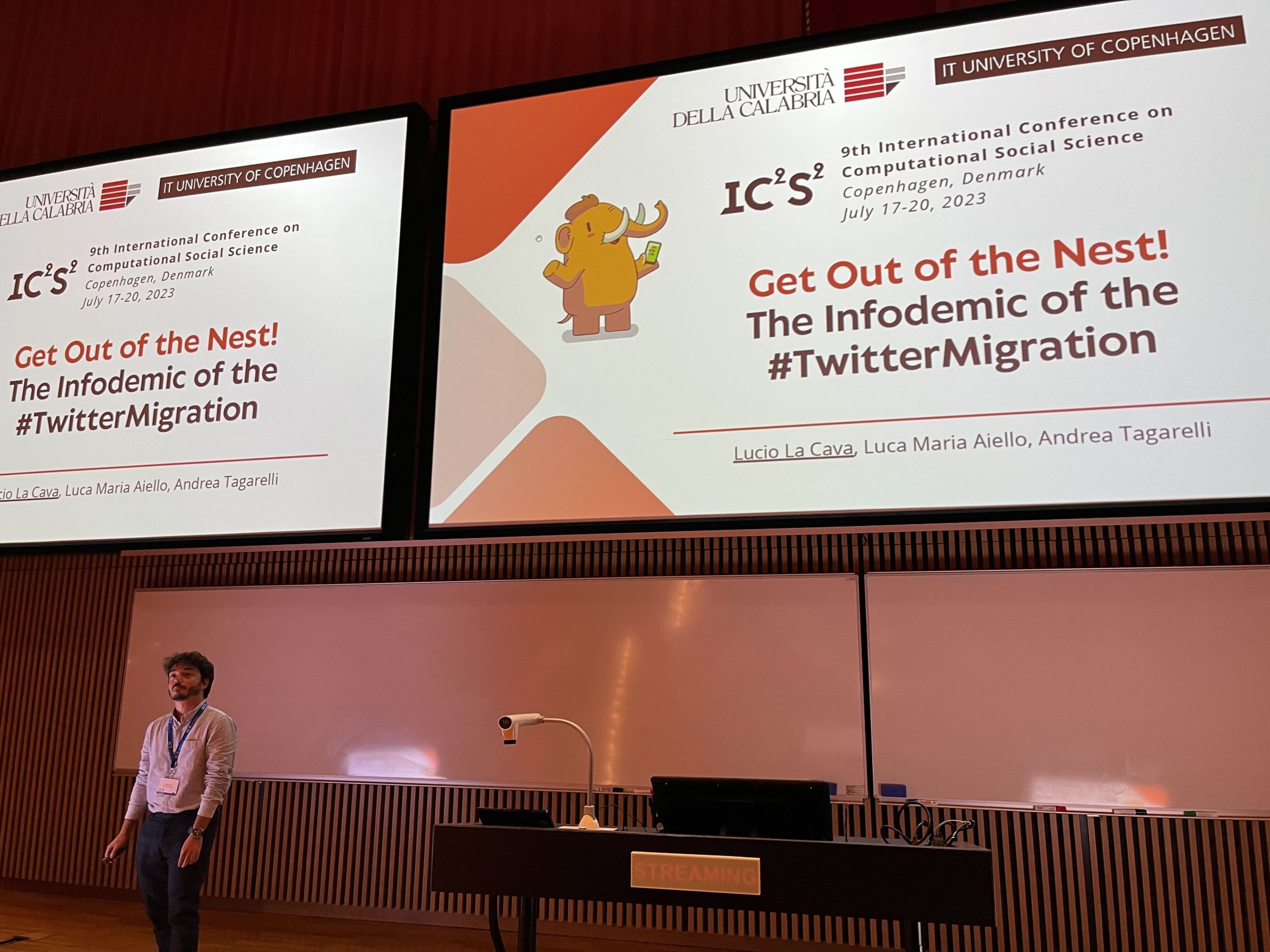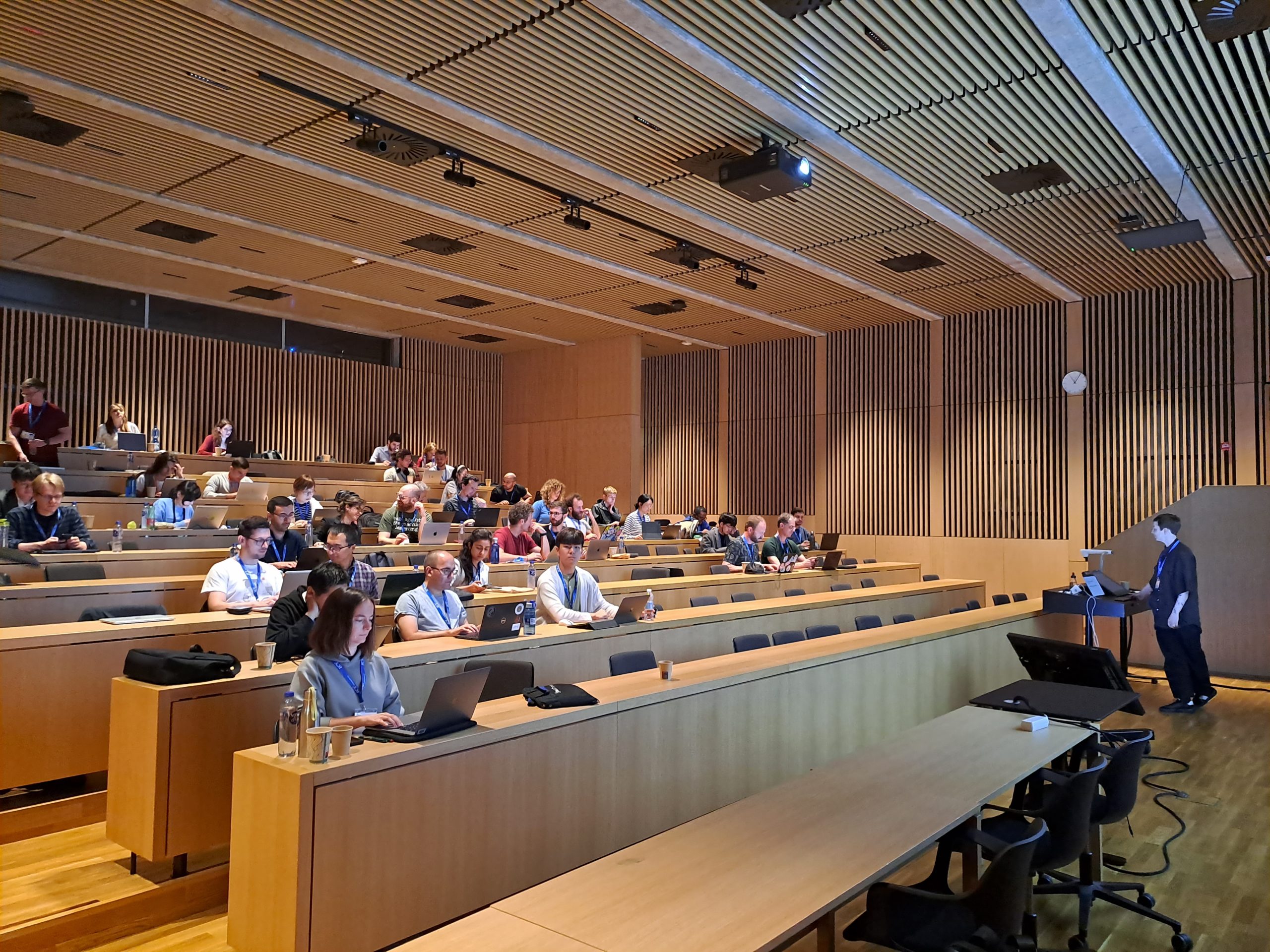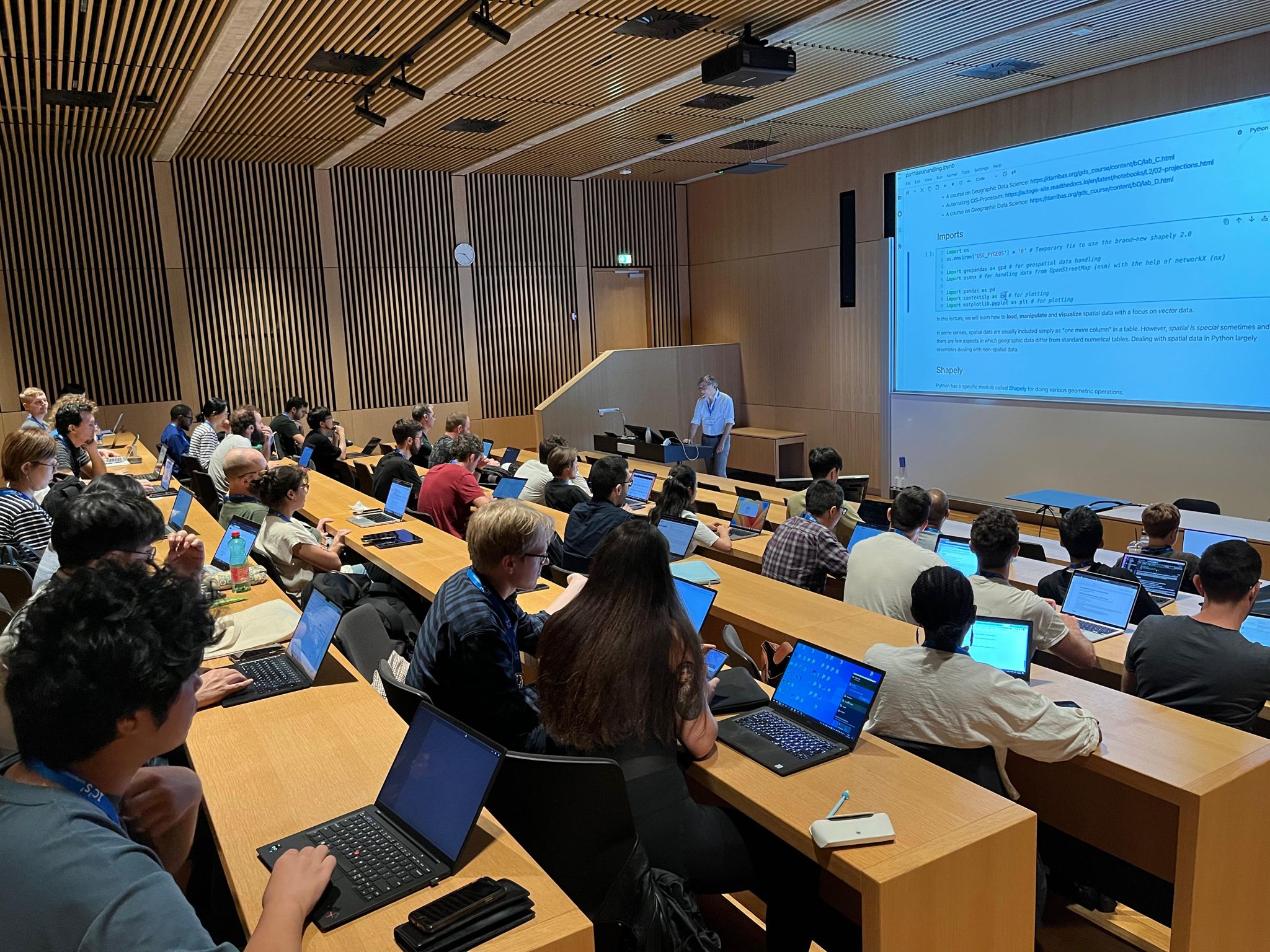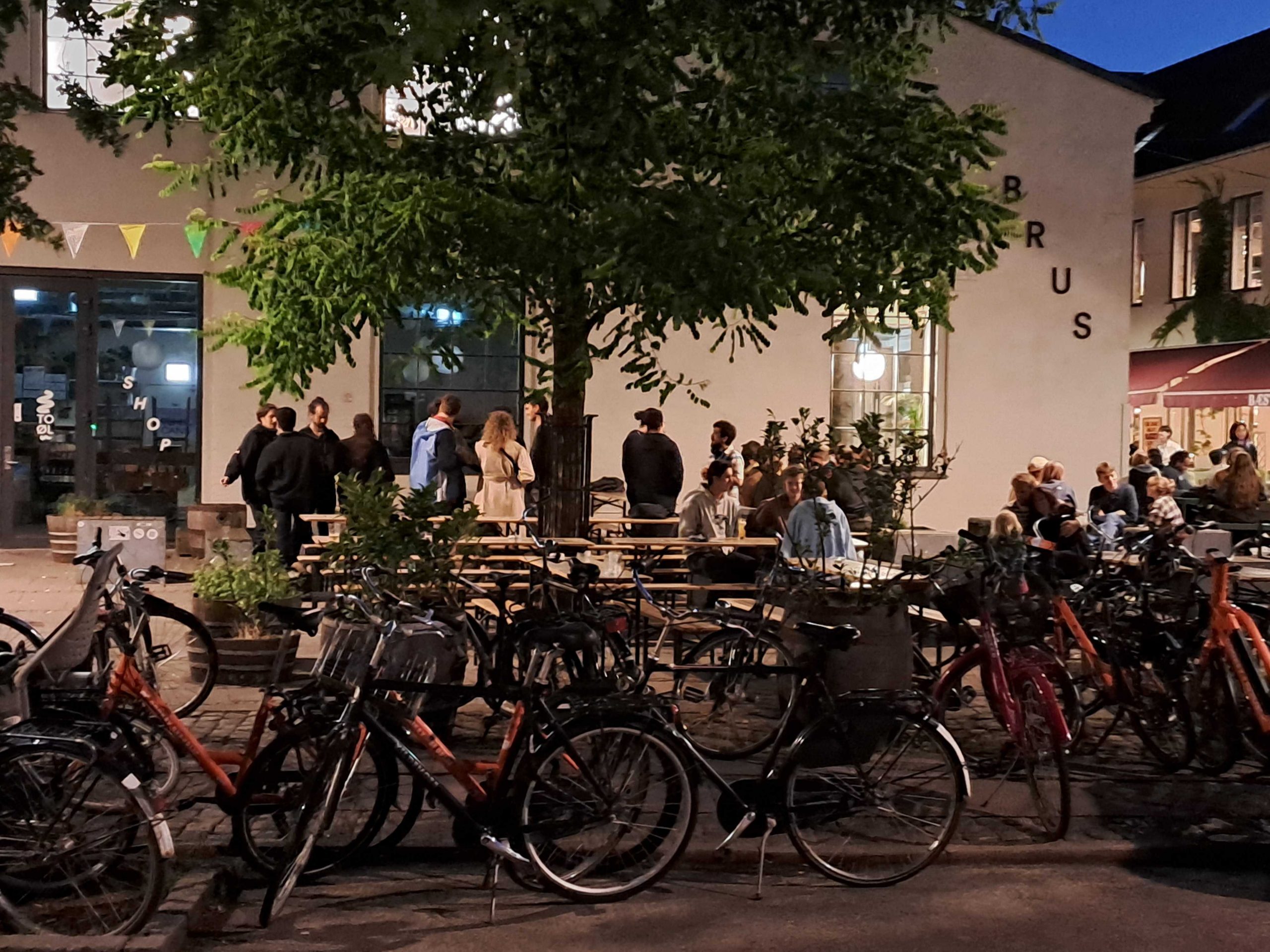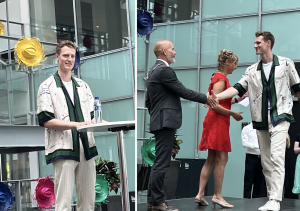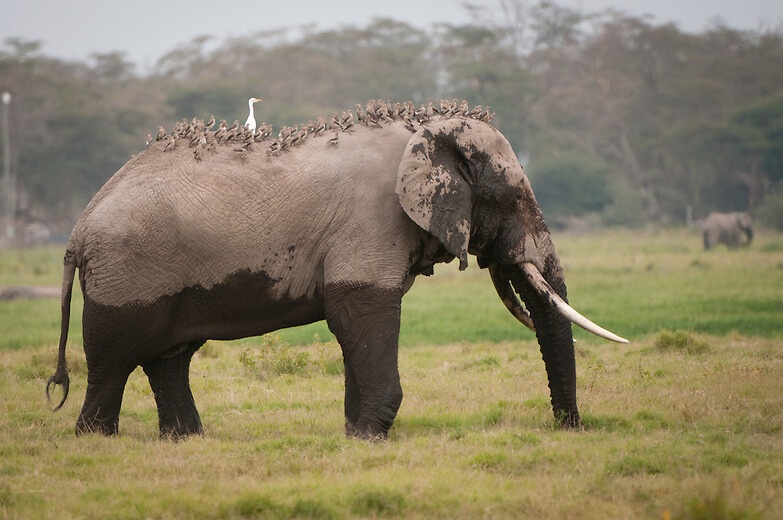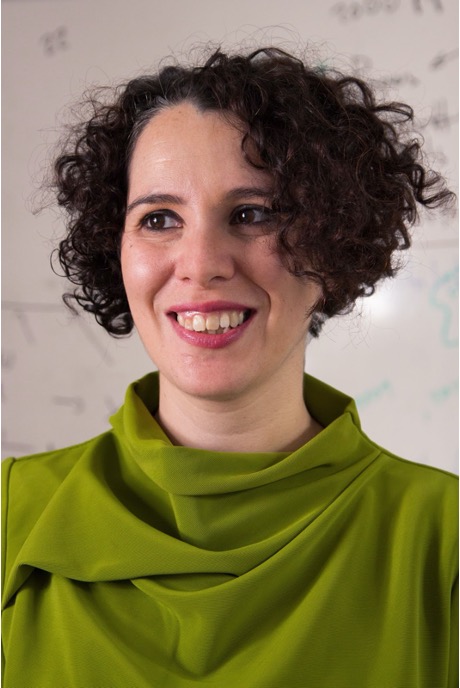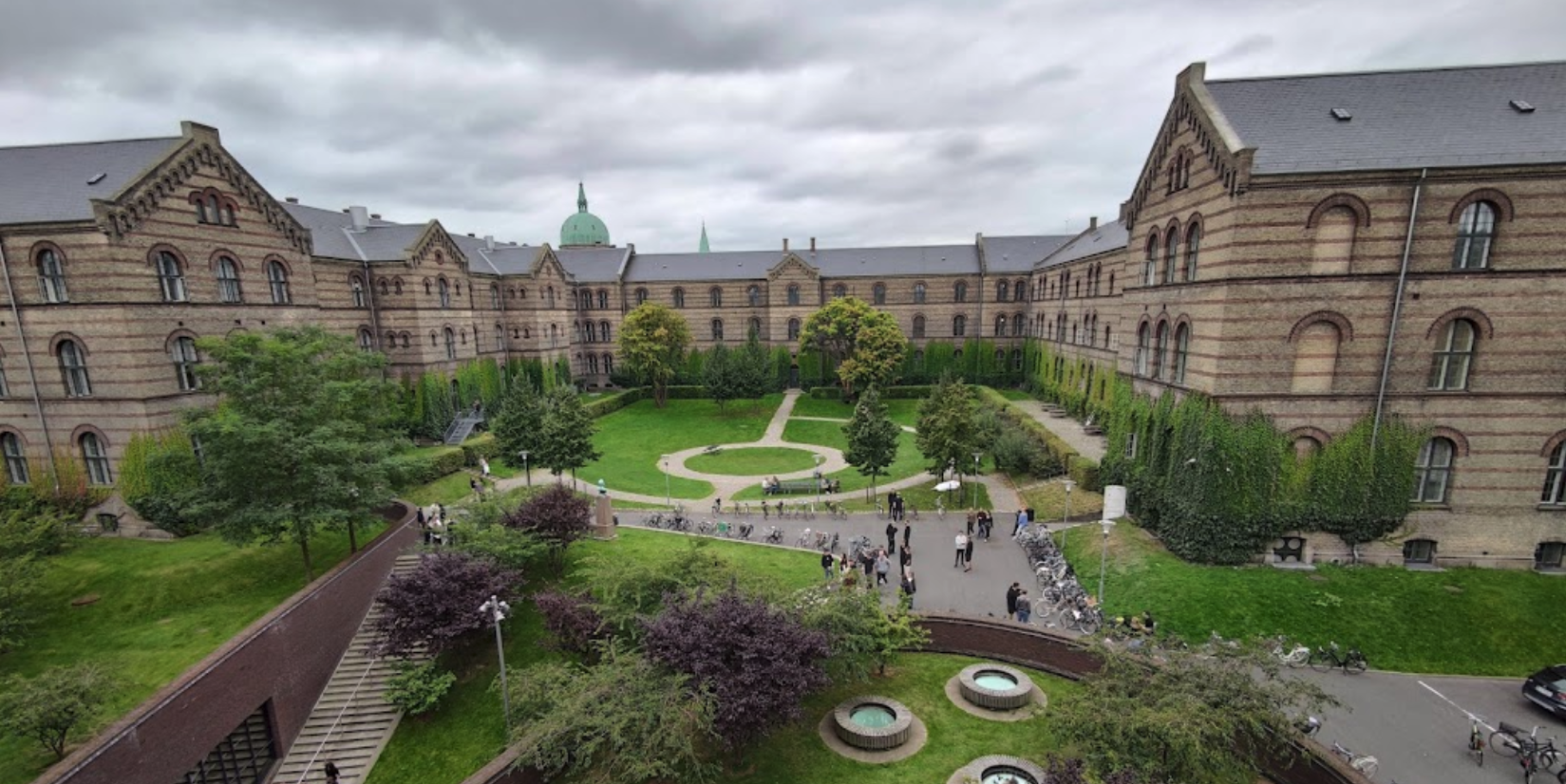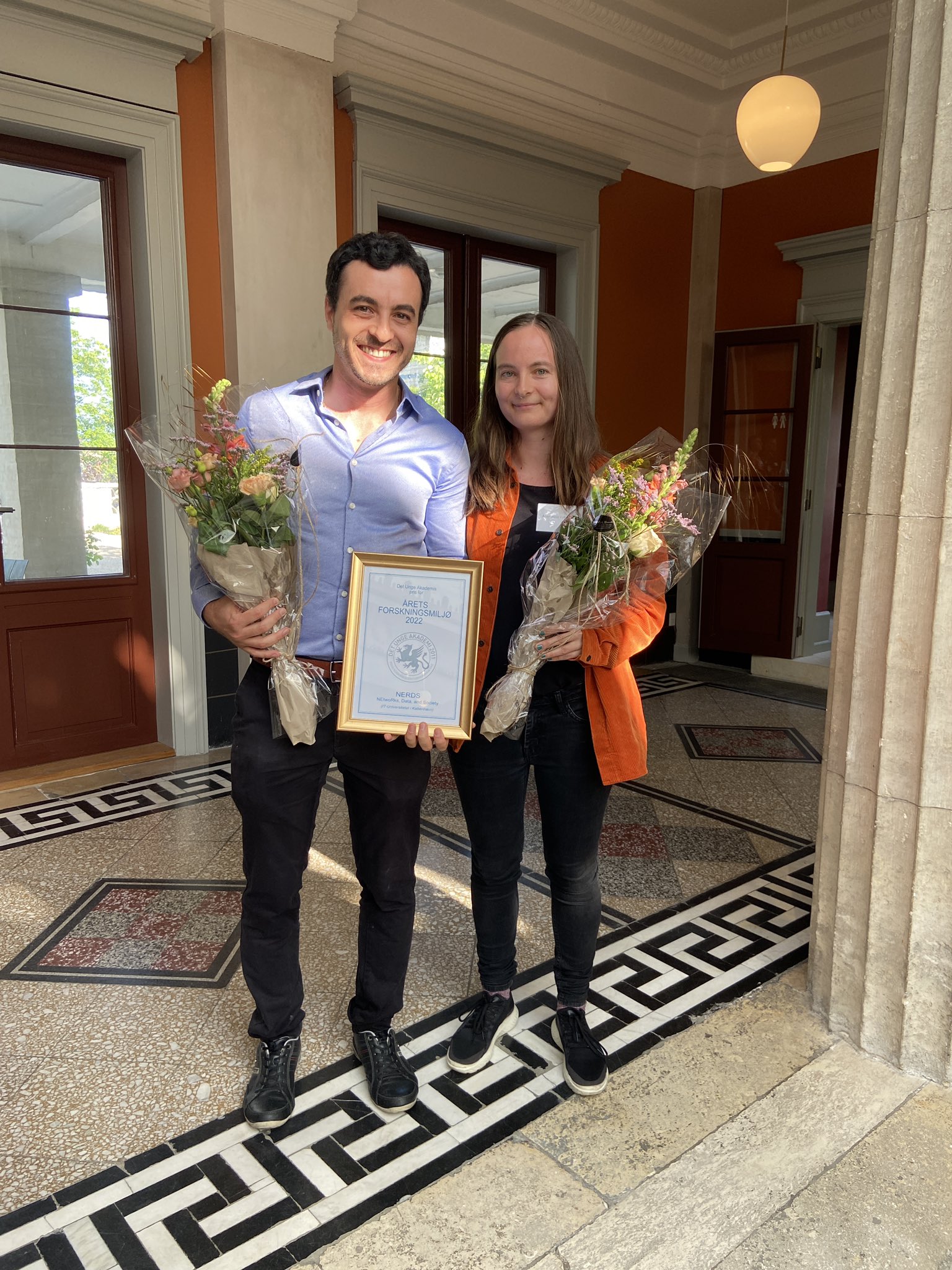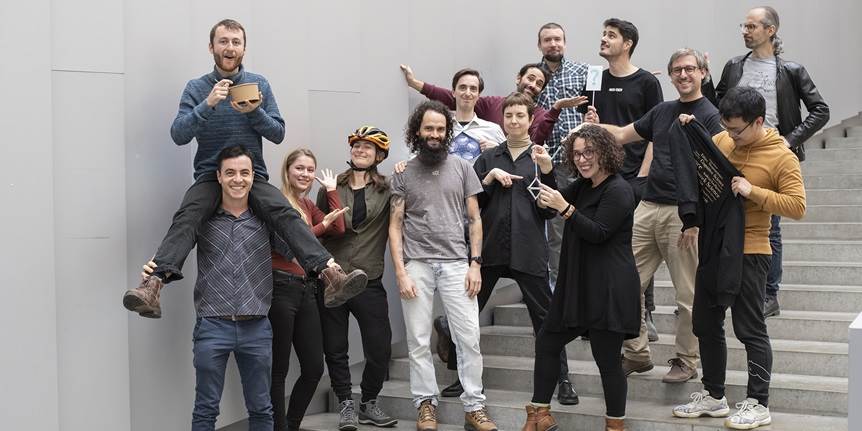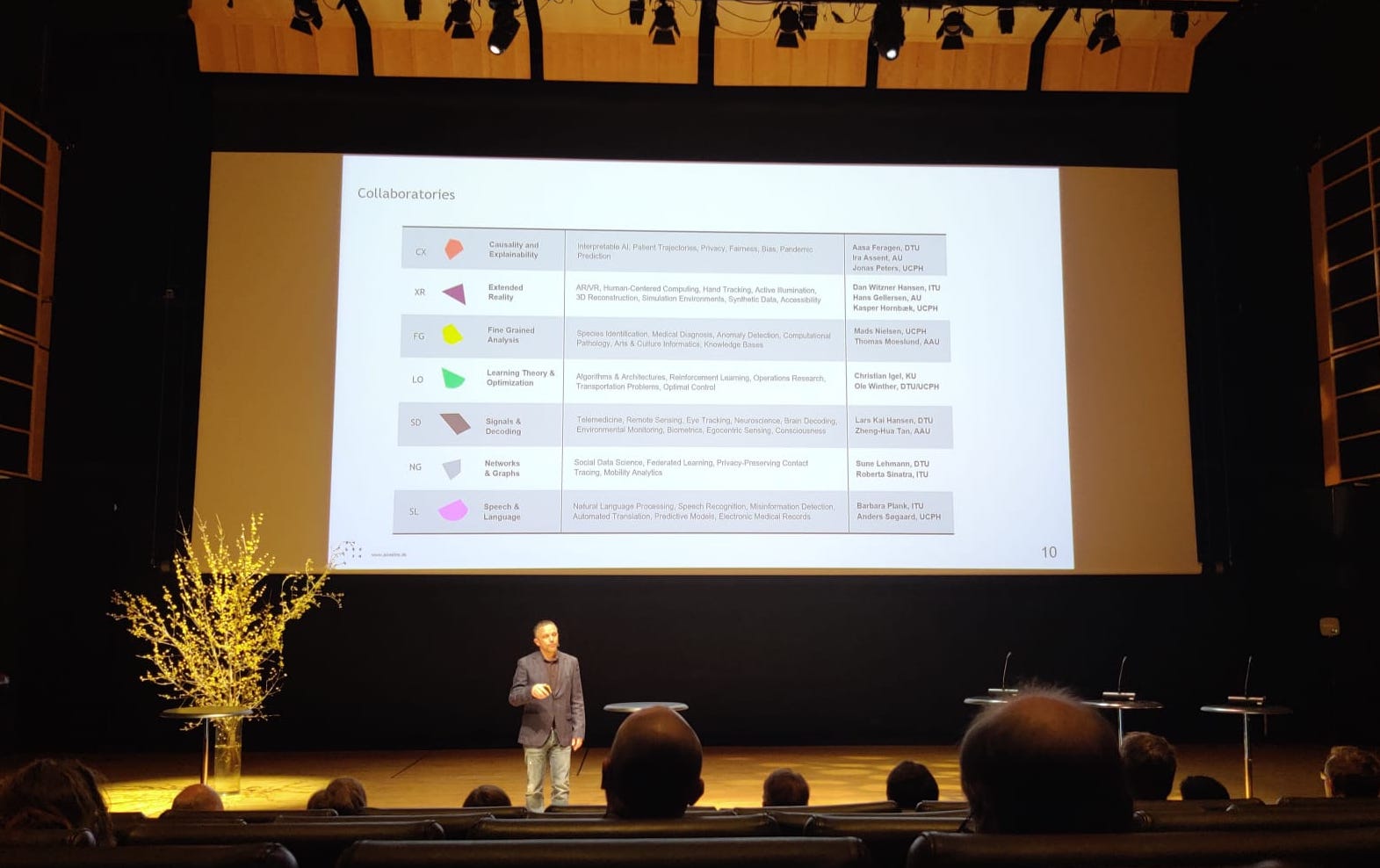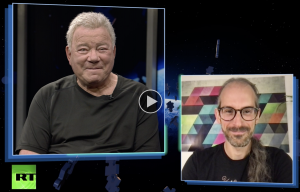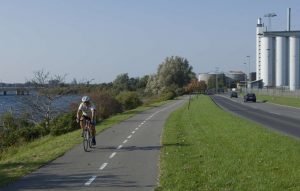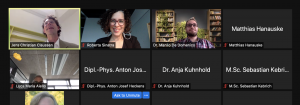This year’s IC2S2, the 9th International Conference on Computational Social Science is now over, and it was a smashing success! The conference brought together over 700 people from dozens of countries, doubling in size compared to the previous edition. With 50% PhD and 30% Postdoc participants, the Computational Social Science community is young and refreshingly open, which could also be seen from the diversity of keynote speakers, spanning from evolutionary biologists to tourism/transport researchers. This community is the opposite of calcified – rather, it brought together experts and ideas from different fields for a true, unpolitical exchange and cross-pollination. This is how science should be done.
We fully echo the sentiments of the president of the new International Society for Computational Social Science (ISCSS), Duncan Watts, who concluded in the IC2S2 town hall meeting: We don’t have clear boundaries. Whoever identifies as computational social scientist should come to IC2S2.
NERDS played a significant role at IC2S2. We co-organized the conference, chaired several sessions, held a successful tutorial, and gave 2 lightning talks, 7 parallel talks, and presented 13 posters. See the full list of our activities here: NERDSIC2S2.PDF
Finally, let us share our visual impressions of NERDS@IC2S2:
See you next year at IC2S2 2024 in Philadelphia!

